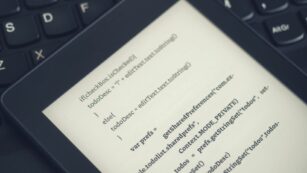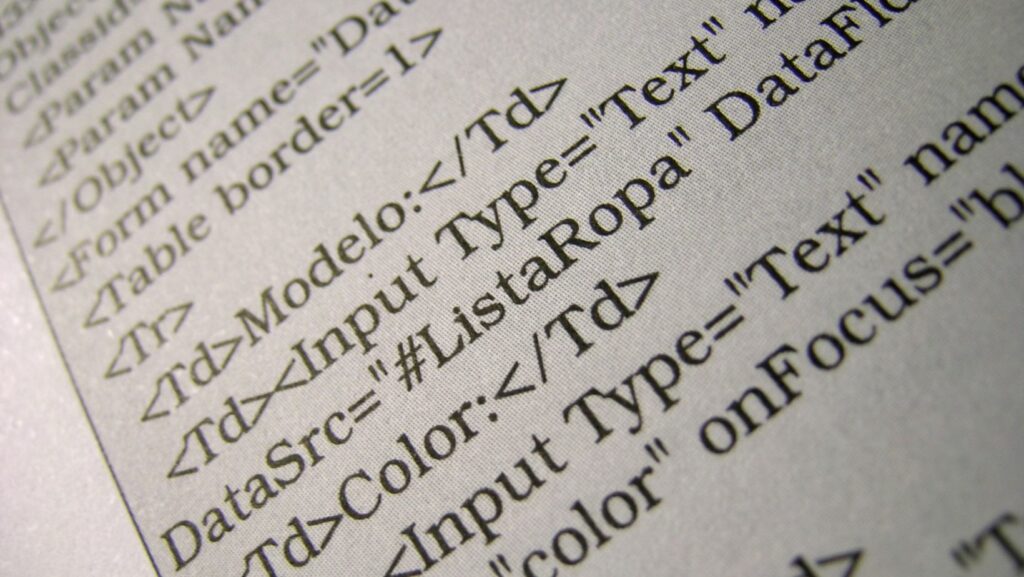In the journey of mastering Python, intermediate books play a pivotal role in transitioning from a novice to an expert. These resources delve deeper into the language, uncovering more complex concepts and applications that are crucial for sophisticated programming tasks. Whether it’s data analysis, web development, or automation, an intermediate Python book equips learners with the necessary tools to tackle more challenging problems with confidence and skill.
Intermediate Python Book
Key Concepts Covered
 Intermediate Python books typically explore a variety of important programming concepts that build on basic Python knowledge. Readers encounter detailed explanations of data structures including dictionaries, lists, and sets. They delve into more complex topics such as decorators, generators, and context managers, which are crucial for efficient and modern Python programming. These resources also cover exception handling and file input/output operations, providing a deeper understanding of how to handle errors and manage data effectively. Additionally, intermediate books often introduce multithreading and multiprocessing, allowing programmers to optimize performance in their applications.
Intermediate Python books typically explore a variety of important programming concepts that build on basic Python knowledge. Readers encounter detailed explanations of data structures including dictionaries, lists, and sets. They delve into more complex topics such as decorators, generators, and context managers, which are crucial for efficient and modern Python programming. These resources also cover exception handling and file input/output operations, providing a deeper understanding of how to handle errors and manage data effectively. Additionally, intermediate books often introduce multithreading and multiprocessing, allowing programmers to optimize performance in their applications.
Target Audience
The primary audience for intermediate Python books comprises individuals who already possess foundational Python skills and are looking to advance their knowledge. These learners typically understand basic syntax and have some experience with fundamental programming tasks but are seeking to deepen their understanding to tackle more complex projects. The target demographic often includes data analysts, software developers, and technology enthusiasts eager to enhance their coding efficiency and problem-solving skills in Python. These books also cater to educators and students in computer science who require a thorough grasp of Python beyond the introductory level.
Criteria for Choosing an Intermediate Python Book
Content Depth and Relevance
 When selecting an intermediate Python book, readers must consider the depth and relevance of the content to ensure it matches their skill level and learning objectives. A suitable book goes beyond basic programming concepts, offering insights into more complex topics such as data structures, decorators, and exception handling. The inclusion of advanced subjects like multithreading and multiprocessing is essential for those interested in performance optimization. Additionally, the book should provide ample practical examples and exercises that help solidify the theoretical knowledge and simulate real-world challenges, benefiting data analysts, software developers, and computer science students.
When selecting an intermediate Python book, readers must consider the depth and relevance of the content to ensure it matches their skill level and learning objectives. A suitable book goes beyond basic programming concepts, offering insights into more complex topics such as data structures, decorators, and exception handling. The inclusion of advanced subjects like multithreading and multiprocessing is essential for those interested in performance optimization. Additionally, the book should provide ample practical examples and exercises that help solidify the theoretical knowledge and simulate real-world challenges, benefiting data analysts, software developers, and computer science students.
Author Credentials
The credibility of an intermediate Python book largely depends on the author’s credentials. Prospective readers should look for authors who not only possess extensive experience in Python programming but also have a strong educational background or professional expertise in computer science. Authors who actively contribute to the Python community, whether through speaking engagements, workshops, or open-source projects, can offer invaluable practical insights that enhance the learning experience. Books authored by professionals with hands-on industry experience are particularly beneficial, as they integrate best practices and current trends in their teachings.
Reader Feedback
 Assessing reader feedback is vital when choosing the right intermediate Python book, as it provides real user experiences and satisfaction levels. Potential buyers should check comments and ratings on various platforms like Amazon, Goodreads, or tech forums to gauge the book’s effectiveness and applicability. Positive feedbacks that specifically mention successful skill enhancement or improved problem-solving capabilities can be good indicators of a book’s value. Additionally, feedback regarding the clarity of explanations, quality of examples, and the usability of code snippets helps readers anticipate the learning outcome from the book.
Assessing reader feedback is vital when choosing the right intermediate Python book, as it provides real user experiences and satisfaction levels. Potential buyers should check comments and ratings on various platforms like Amazon, Goodreads, or tech forums to gauge the book’s effectiveness and applicability. Positive feedbacks that specifically mention successful skill enhancement or improved problem-solving capabilities can be good indicators of a book’s value. Additionally, feedback regarding the clarity of explanations, quality of examples, and the usability of code snippets helps readers anticipate the learning outcome from the book.
Benefits of Reading Intermediate Python Books
Choosing the right intermediate Python book can truly elevate a programmer’s skill set and open up new opportunities in their coding journey. With the right resource, learners can delve deeper into complex topics such as multithreading and multiprocessing which are crucial for performance optimization in professional environments. Moreover these books serve as a bridge to mastering data analysis and web development tasks that are highly sought after in today’s tech-driven world.
By carefully selecting a book that matches their learning style and goals programmers ensure they are not just learning but also applying Python in practical real-world scenarios. This approach not only solidifies their understanding but also enhances their problem-solving capabilities making them more competent and versatile developers. Therefore investing time in choosing and reading an intermediate Python book is a wise decision for anyone serious about advancing their programming expertise.


